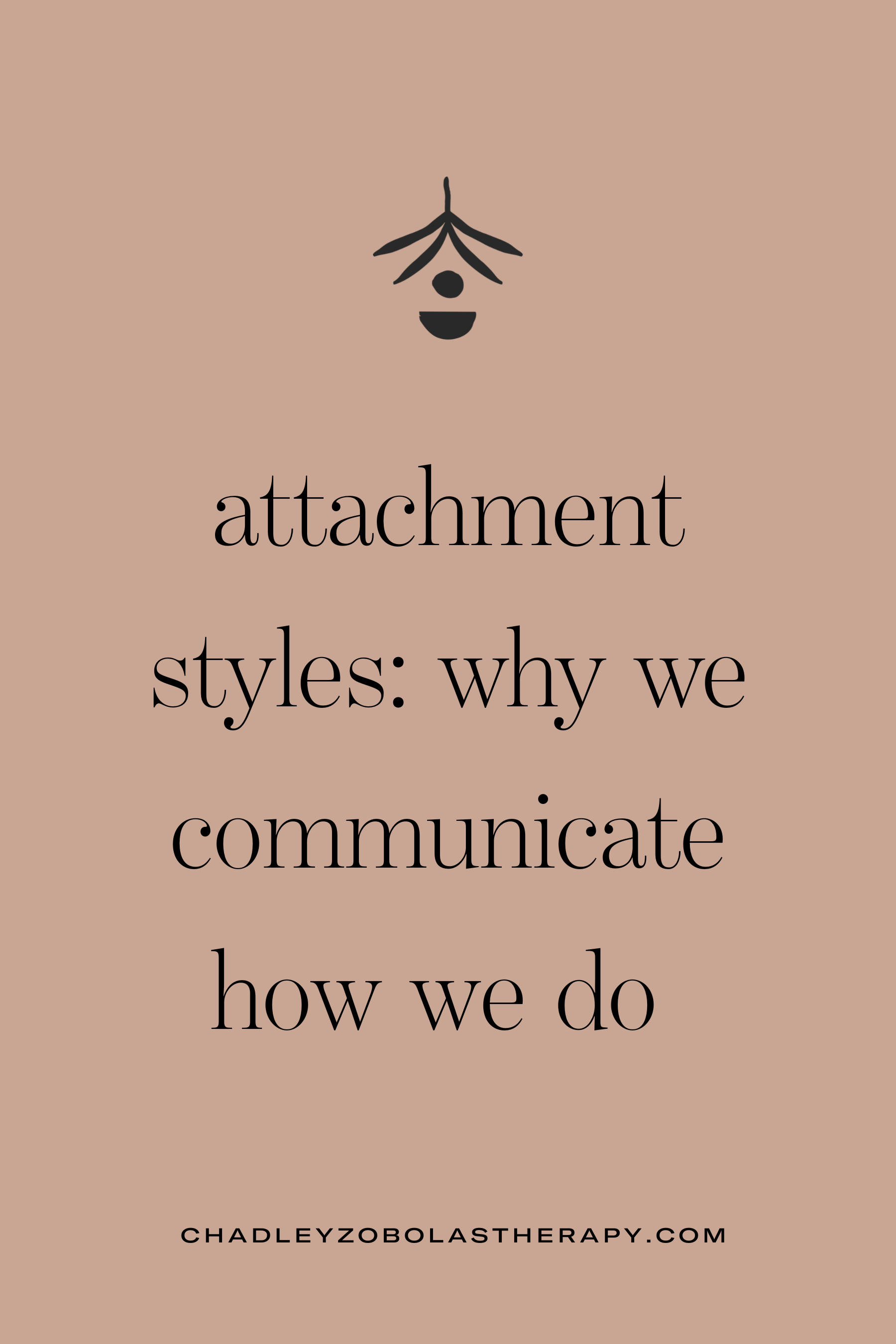Attachment Styles: Why We Communicate How We Do
From the moment we are born, we rely on our caregivers to fulfill our basic needs: shelter, food, and attention. As we become more independent with age, we balance support needs between our caregivers, self-reliance, friends, and communities such as school.
When caregivers consistently satisfy our needs and support independent growth, we learn to trust others and perceive our wants are valid. Moreover, we cultivate the ability to regulate emotions on our own and believe it is acceptable to seek help from others.
What happens when our caregivers do not support us warmly, with regularity, or at all? We are prevented from entrusting relationships as safe places. The closeness or distance we seek from friends, intimate partners, and family is altered. Our attitude towards relationships and the manner in which we connect with others is deemed in the psychology world as “attachment styles”, and originated with researchers John Bowlby and Mary Ainsworth in the 1960s. Research conducted since Bowlby and Ainsworth has supported the notion that attachment styles formed in childhood persist into adult relationships, though our support needs are more nuanced.
Attachment Styles Aren’t Permanent
The good news about attachment styles? They are not permanent. Experiencing a healthy- and therefore corrective- relationship with an intimate partner, friend, family member, or clinical professional in couples counseling can serve as a healing force and change attachment styles over time.
Breakdown of Attachment Styles
Preface: These descriptions are by no means comprehensive. Nor do they account for unique individual experiences and relationships. Attachment styles are simply adaptive strategies we have learned to use to get our needs met. Utilize them as a way to reflect on the strategies you may sometimes pull from as opposed to a label for yourself or others.
Secure Attachment:
Secure individuals often had/have available, responsive, and nurturing caregivers. They feel confident vocalizing their needs and receiving support from others. As well as helping others fulfill their needs. Secure individuals recognize their wants as worthy and manage their emotions by leaning on others as well as themselves.
Anxious (aka “Preoccupied”) Attachment:
Anxious individuals often had/have caregivers who demonstrated inconsistent attention to their childhood needs. Without trust that needs will always be met, individuals with anxious attachments often hold a fear of rejection that is compensated for by “neediness”, “clinginess” and reassurance seeking within relationships. Abandonment fears are responded to with people-pleasing or sacrificing their own needs to keep relationships close.
Avoidant (aka “Dismissive”) Attachment:
Avoidant individuals often had/have caregivers who committed abuse or neglect that encouraged the individual to adopt a “me, myself, and I only” mentality at a young age. Avoidant individuals are purposefully distant in intimate relationships, find closeness difficult or unsatisfying, and feel overwhelmed when relied upon as they traditionally value independence most.
Disorganized (aka “Fearful-Avoidant”) Attachment:
Disorganized individuals demonstrate a mix of anxious and avoidant behaviors. Stemming from unreliable, unsupportive, or unsafe caregiving behaviors. They move between seeking closeness and distance. Assessing interactions for signs of betrayal, anticipating rejection, and ambivalence within relationships. Many disorganized individuals sincerely seek connection but expect abandonment, resulting in unpredictable behavior.
I Want to Change My Attachment Style, What Now?
As mentioned before, sometimes a healing relationship alone has the power to soften isolating distance, quiet fears of abandonment or worth, and promote a balance between relying on others and yourself. Additionally, self-reflection on what your core needs are, if they are being met, and how they are being met by members of your current support network may illuminate what relationships in life are serving you best.
What could this look like in Couples therapy? You likely will…
· Gain the opportunity to experience and partake in a secure relationship led by your therapist
· Reflect on the influence of your caregivers on present relationships with non-judgement
· Verbalize anxieties, frustrations, and doubts about leaning into closeness. Or trusting distance within relationships
· Experience hope that your past does not have to dictate how you relate to others
Remember no person is immune to the impact of our early experiences, and treat yourself and others with gentleness along the way.
Ready to Start Couples Counseling in Denver, CO?
Transform your relationship through our expert couples counseling tailored to address attachment styles and foster deeper connections. Discover new ways to communicate, bond, and build a secure and loving partnership at Chadley Zobolas Therapy Group. Take the proactive step towards a healthier relationship – invest in your story and embark on a journey of growth, understanding, and lasting happiness by following these three simple steps:
Reach out to schedule a free 20-minute consult call at Chadley Zobolas Therapy Group.
Connect with a Denver couples therapist at CZTG for your first session.
Begin addressing your attachment style and create healthier relationships!



